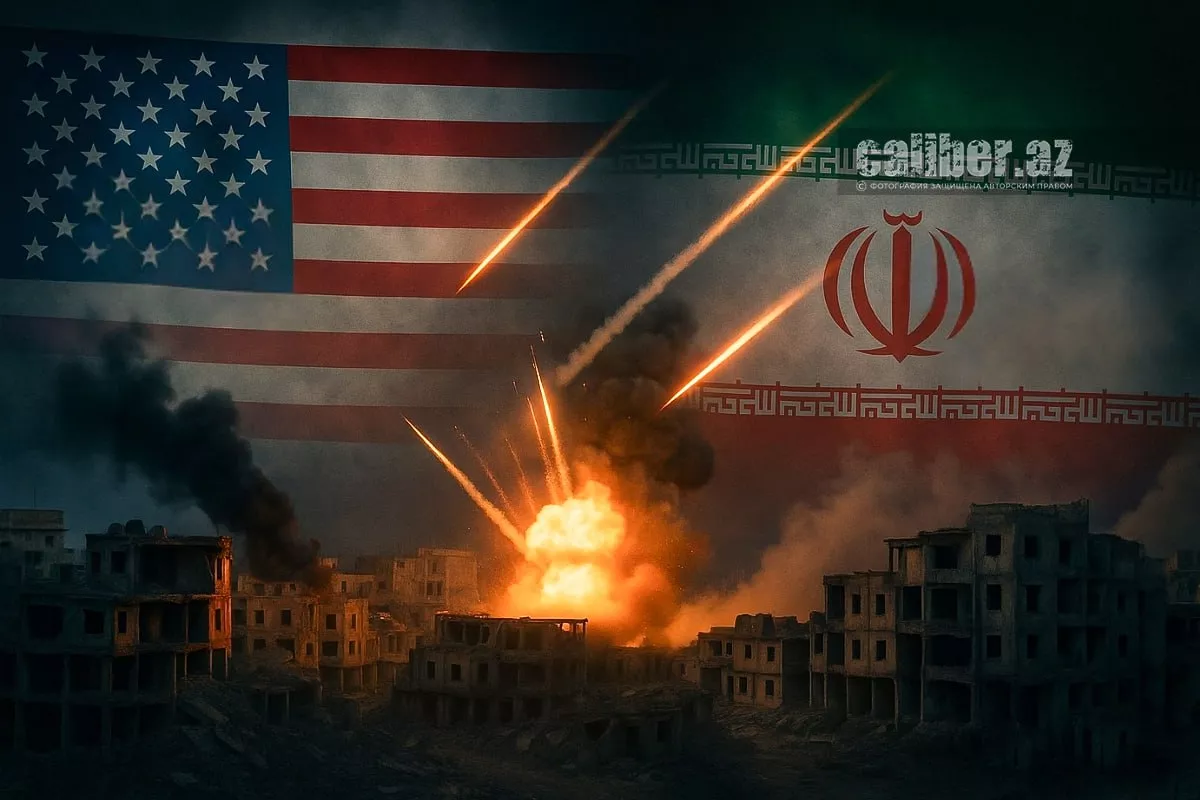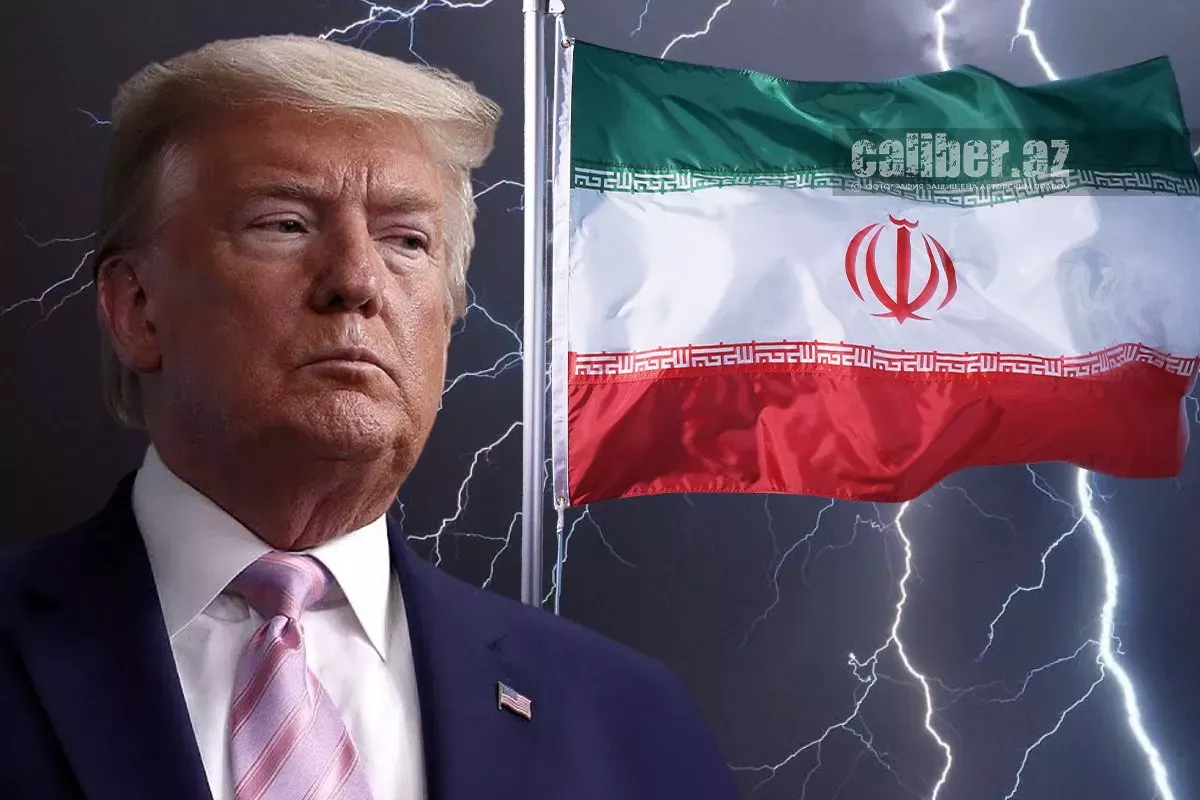Iran’s nuclear programme and the American dilemma Tensions on the rise
Tensions between Iran and the United States over Tehran’s nuclear programme appear to be edging once again toward a potential crisis. Recent statements from Iranian officials may serve as a trigger for this escalation.
Recently, Javad Larijani, adviser to Iran’s Supreme Leader, claimed that the country could develop a nuclear weapon in less than two weeks. “If a war starts, it will not be barbaric; both sides have limits. The fatwa [prohibiting the creation of nuclear weapons] has many grounds and a long history in Shiite law… The country could acquire an atomic bomb in less than two weeks, but we remain committed to our religion,” he said, adding that he supports the expansion of Iran’s nuclear capabilities, presenting it as a deterrent.
Iranian authorities had already spoken about the possibility of acquiring nuclear weapons back in April of this year, but with caveats. For example, the adviser to the Ayatollah and former parliamentary speaker, Ali Larijani, stated on Iranian state television that Iran would have no choice but to develop nuclear weapons if attacked by the United States.
“Despite Khamenei’s fatwa prohibiting the creation of weapons of mass destruction, Iran may be forced to focus its efforts on building a nuclear arsenal to defend the country,” he warned, effectively shifting the responsibility for this issue onto the United States.
What happened afterward is well known: in June, a 12-day Iran–Israel war began. On June 22, the United States officially joined the conflict: American air and naval forces conducted an operation codenamed Midnight Hammer, striking targets on Iranian territory.

At that time, the President of the United States announced the successful bombing by the U.S. Air Force of three key Iranian nuclear facilities — in Fordow, Natanz, and Isfahan — writing on the social media platform Truth Social: “Iran's key nuclear enrichment facilities have been completely and totally obliterated.”
Later, Trump addressed the nation, calling the operation an “impressive military success,” stating that all three sites were “completely destroyed” and that the nuclear threat from “the world’s leading state sponsor of terrorism” had been eliminated.
However, by October, Ayatollah Ali Khamenei, in an interview with Press TV, effectively denied this information, saying that the U.S. airstrikes had failed to neutralise Iran’s nuclear programme. He also rejected the possibility of new negotiations with the United States on Iran’s nuclear programme, adding that such talks would result in “serious, irreparable damage.”
However, the United States continues to insist on resuming negotiations, as indicated by “recent statements” from Tehran — government spokesperson Fatemeh Mohajerani recently said that the Iranian Foreign Ministry had received a message from the U.S. proposing the resumption of talks on Iran’s nuclear dossier.
Notably, the American proposal came against the backdrop of statements by President Masoud Pezeshkian that Iran will rebuild the nuclear facilities that were bombed by the United States and Israel. This makes it clear that Iran has confirmed its readiness to continue its nuclear development, suggesting that a compromise between Iran and the United States is unlikely due to these underlying factors.
First, official Tehran continues to assert that Iran’s nuclear programme is entirely peaceful, emphasising the country’s commitment to the civilian use of nuclear energy. For example, recently the head of the Atomic Energy Organisation of the Islamic Republic, Mohammad Eslami, announced that Iran has begun construction of a nuclear power plant in the north of the country: “Through enormous efforts, we have been able to start the project of building a nuclear power plant on the coast of Golestan province, having found a suitable site.” According to him, several more nuclear power plants will be built to achieve a total output of 20,000 MW of electricity. The agenda also includes completing the construction of a nuclear plant in Khuzestan province, which had begun before the 1979 Islamic Revolution.

However, the United States, Israel, and the International Atomic Energy Agency harbour serious doubts about this. In February 2025, U.S. intelligence stated that Iranian engineers and weapons scientists are seeking a “shortcut” that would allow them to develop such weapons within a few months. On June 24, CNN, citing its sources, reported that the U.S. intelligence community believes that American strikes on Iran did not destroy the core components of the Islamic Republic’s nuclear programme. According to preliminary intelligence assessments, the attacks most likely only delayed Tehran’s acquisition of a nuclear bomb by a few months.
Earlier, in May 2018, Israeli Prime Minister Benjamin Netanyahu stated that his country had obtained secret documents showing that Iran was deceiving the world by claiming it had frozen its nuclear programme. At that time, it was reported that Israeli intelligence had acquired 55,000 pages of documents on the nuclear programme, as well as 55,000 files on 183 CDs.
The second aspect concerns the Iranian authorities’ rejection of U.S. demands. In May of this year, President Masoud Pezeshkian firmly stated that Iran does not accept American demands to abandon its nuclear programme as a condition for further negotiations. At the same time, Iranian Foreign Minister Abbas Araghchi also asserted that Iran would not compromise on uranium enrichment, though it might adjust the enrichment level to build trust with the United States.
Third, the Iranian government’s firm stance on this issue is also linked to the low likelihood of the West easing its sanctions policy. Iran fully understands that it cannot count on a complete lifting of Western sanctions in this matter.
Accordingly, the following conclusion can be drawn: the likelihood of Iran abandoning uranium production is minimal, and even if Iran–U.S. negotiations resume, the chances of reaching a compromise are virtually zero. This means that tensions between Washington and Tehran are set to continue rising steadily in the foreseeable future.








